The struggles facing China's Yi ethnic minority: Isolation, customs, language and poverty
The Yi have retained their language and traditions in a rapidly modernising country, but are among the poorest people in China.
In the mountains of Sichuan Province, thousands of miles from the fast-paced cities of modern China, live the geographically isolated Yi minority ethnic group. One of China's 56 officially recognised minorities, their isolation means they have retained many of their traditions in a rapidly modernising country.
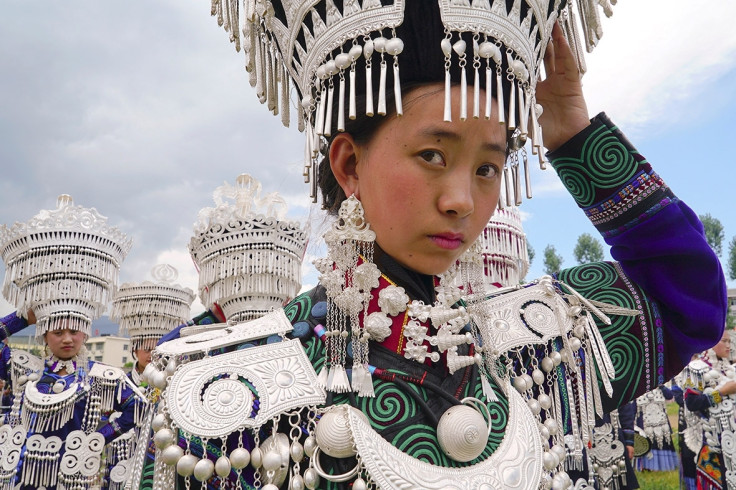
They have a distinct language and culture from the majority Han Chinese. They also have illiteracy rates of nearly 30 percent versus four percent nationally, and are among the poorest people in China, with average incomes just 27 percent of the national average.
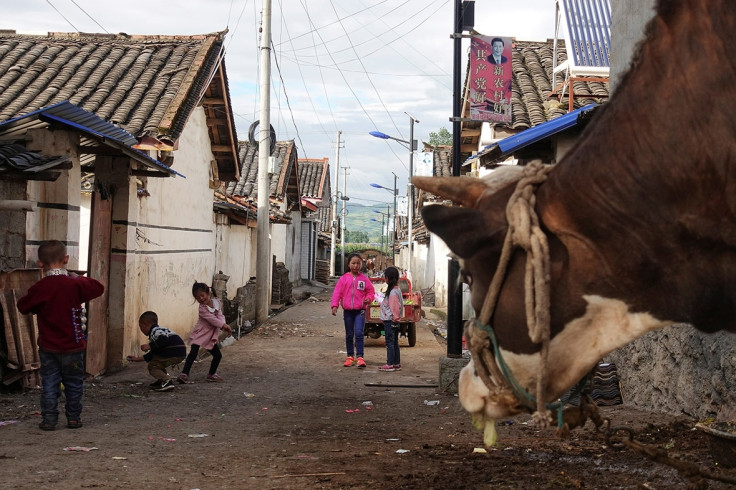
Dragging them, and groups like them out of poverty are crucial if China is to meet its goal of ending poverty by 2020, something president Xi Jinping has set as one of the key goals for his presidency and labelled "the most important task" of the ruling Communist Party.
While many economists believe Beijing will likely meet its target, its very definition of poverty is also open to question. China's benchmark is less than half that of the World Bank's global standard for extreme poverty. China classifies poverty as an income of less than 2,300 yuan (£263) per year, by this definition more than 40 million people are still poor.
Jisi Lazuo is one of them. The 37-year-old is illiterate and doesn't speak Mandarin, the main language spoken in China. She's also the only adult supporting a family of two grandparents and four children. Her husband died of lung disease contracted after working in a coal mine, and two of her other children died of tuberculosis.
"I'm constantly trying to earn money but because there's only me I can't make enough. I'm working 24/7 but these kids still don't get enough to eat. In the winter I can't even afford to buy them warm clothes," she told Reuters.
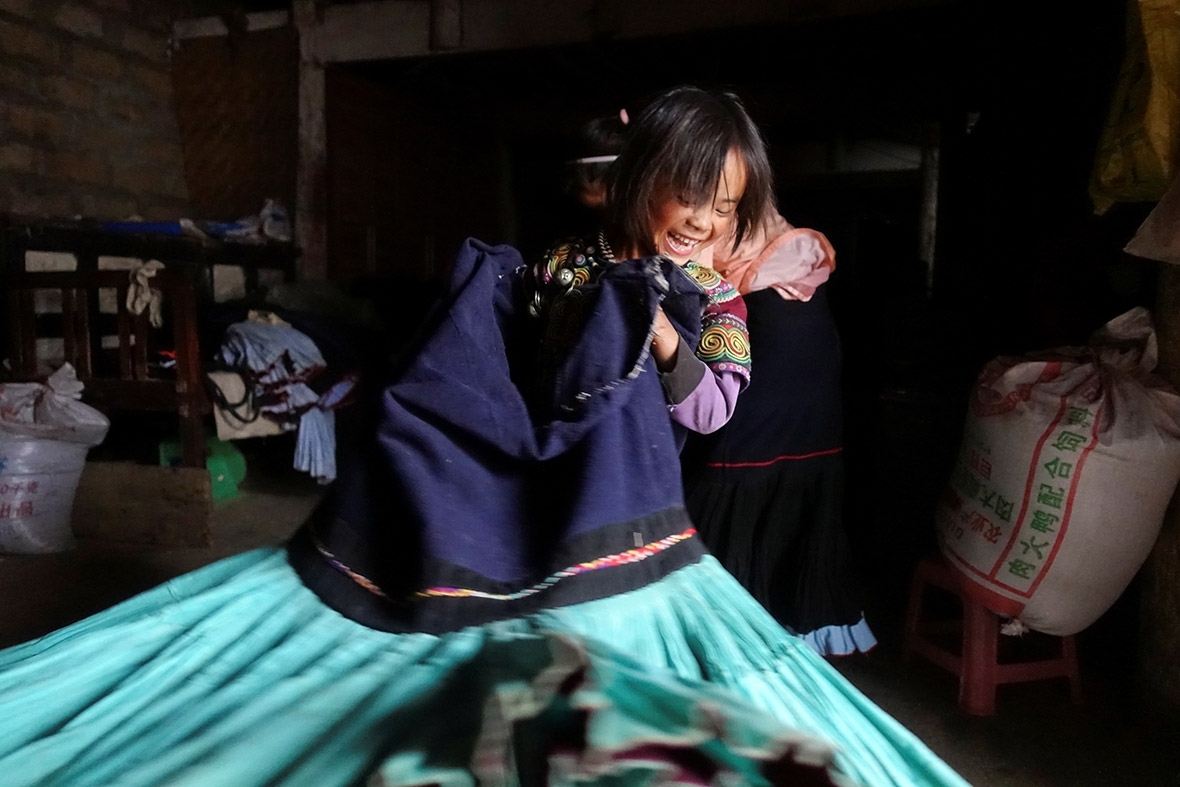


The annual torch festival in her village should be a celebration involving colourful traditional costumes and eating a freshly slaughtered pig. Instead, it's a time of stress. "In my heart I always get worried when the torch festival comes along," said Jisi. "Traditional clothes are quite expensive, but for my own kids I can only buy whatever I can get," she said.





Her home, Liangshan, is a mountainous district in the southwestern province of Sichuan and one of 14 areas of "concentrated poverty" identified by the central government. This is one of the key battlegrounds where the state's poverty elimination goal will be put to the test.
Liangshan is infamous in the minds of many Chinese for its inhospitable terrain, punishing climate, and high levels of drug taking and HIV. Over 400,000 of the area's inhabitants are classified as poor, and the local government has been tasked with lifting 134,700 of them out of poverty in 2017 alone.
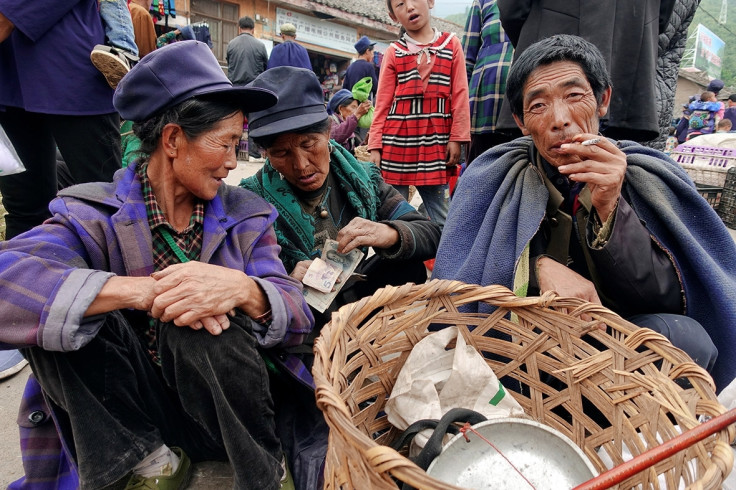
China has lifted hundreds of millions of its citizens out of poverty over the past few decades, but doing the same for groups like the Yi poses a different set of challenges. "A lot of that poverty is not as easily accessible for the government," said Ben Westmore, a senior economist at the Organisation for Economic Co-operation and Development (OECD). "It's people who live in mountainous areas who are not very well connected, or they're more dispersed at the provincial level across the prefectures," he said.
The government has tried to improve access to education for the Yi, but it struggles to recruit teachers to work in such a remote area. Many students battle to keep up with lessons taught in Mandarin.
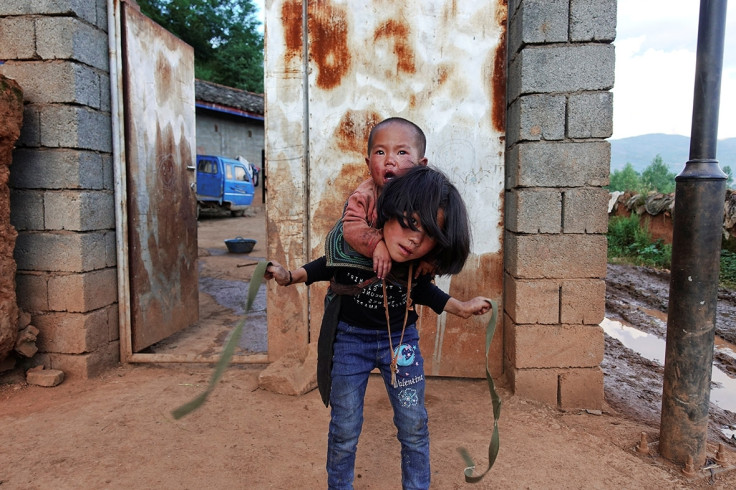
From road building to subsidies, the central government has spent large amounts of money on poverty relief in places like Liangshan. In 2016, the Liangshan government distributed 940 million yuan (£107m) in basic income assistance for the poorest in the region, according to the government website.
While many Yi welcome the state's help, some question whether cash handouts are sustainable. "Just giving out money is useless because one day the money will eventually run out," said Emu Zhiji, one of the few people in his village to receive a university education. Emu said more needs to be done to allow the Yi to develop within their own culture if they are to alleviate the poverty and a dependency on government programme. "If we had better jobs we'd be able to feed and clothe ourselves on our own, but for that we need to be able to use our own language," he said.
© Copyright IBTimes 2025. All rights reserved.




















